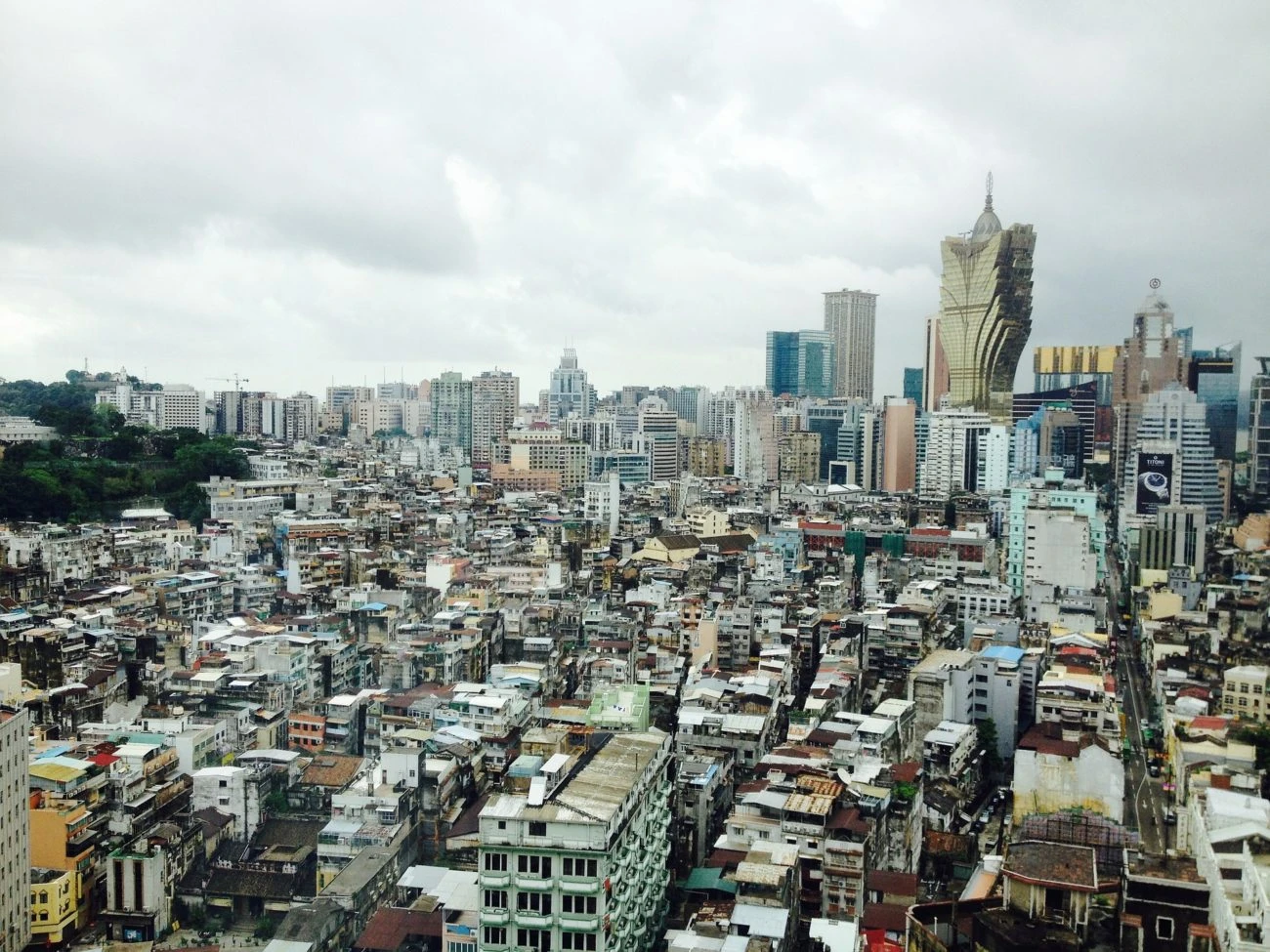Presumptive Macau chief executive won’t kill the golden goose

The former president of Macau’s Court of Final Appeal once blasted gaming’s “negative impact” on the Chinese special administrative region (SAR).
But at a 28 September press conference, Sam Hou Fai adopted a softer tone. Acknowledging gaming as Macau’s primary industry, he said it must “develop healthily” for the city’s long-term viability.
However, Sam said Macau must not forget the lessons of the Covid-19 pandemic – chiefly, that no government can rely on a single industry for its survival. “How could we handle it if (future) big disasters arise?” he asked.
Promoting “diversified development” in Macau
At Saturday’s three-hour session, Sam said his administration “will protect and supervise the healthy and orderly development of the six (gaming) concessionaires.” And the Big Six – MGM Resorts, Wynn Resorts, the Las Vegas Sands Corporation, SJM, Galaxy Entertainment and Melco Resorts – have agreed to do their part.
As part of their licence agreements, the operators must invest a collective MOP130bn (£12bn/€14.6bn/US$16.2bn) in non-gaming amenities, such as urban renewal and cultural attractions.
“We will periodically review the overall situation regarding the fulfilment of the concession contracts,” said Sam.
The local government will also support the development of four additional pillar industries: finance, technology, health and meetings and conventions.
The market-led “1+4” approach will “promote the diversified development of the Macau economy”, said Sam, and position the city as an international tourism and leisure destination.
The pivot away from gaming has already begun. In May, current CEO Ho Iat-seng said the industry contributed less than 40% to gross domestic product in 2023, down from about 60%.
Is Sam qualified to lead the charge?
In August, Sam became the sole candidate for CE, earning nods from 386 of 400 election committee members. Those members will elect the new leader on 13 October; most of the SAR’s 687,000 residents don’t have the right to vote. Sam seems a shoo-in to succeed Ho, who is leaving for health reasons.
If elected, he would be the city’s first leader from mainland China and would assume office in December.
Some analysts have questioned Sam’s credentials and his ability to lead Macau into a new era of development.
“It seems ridiculous to think that a chief justice might be qualified to be chief executive,” Anthony Lawrance, founder of consultancy Intelligence Macau, told Reuters.
Ieong Meng-u, assistant professor of social sciences at the University of Macau, shares that skepticism. He said Sam’s “track record in the judiciary system” doesn’t make him capable of “handling economic restructuring, regional collaboration or even bridging Macau with the world”.
Political commentator Sonny Lo Shiu-Hing said Sam’s “economic experience has been relatively weak.” He added, “I’m confident that Mr Sam will be able to govern Macau successfully with a batch of experienced economic advisors.”
In the end, who becomes CE “is not important”, Ieong said. “The rule of the game is, you take (Beijing’s) order as your priority.” The incoming CE wouldn’t dare to disrupt the gaming industry, because it’s “too important for Macau”.
“Casino capitalism will continue in Macau,” Lo agreed. But it will be “diluted by more social welfarism and… more economic diversification.”
